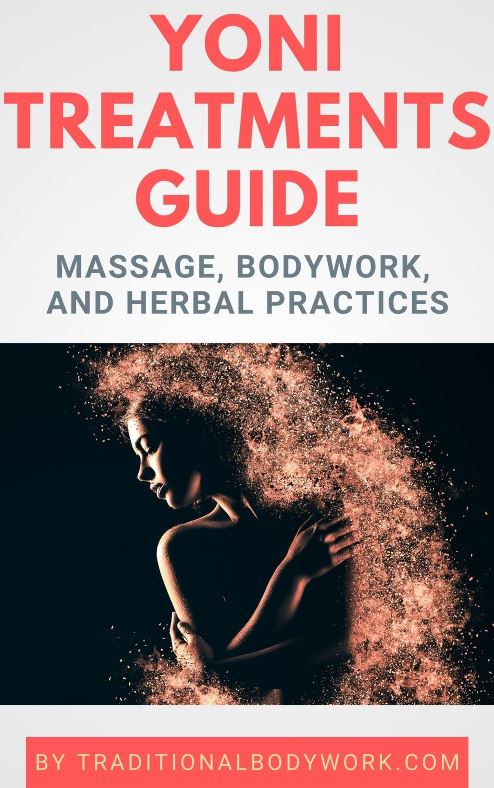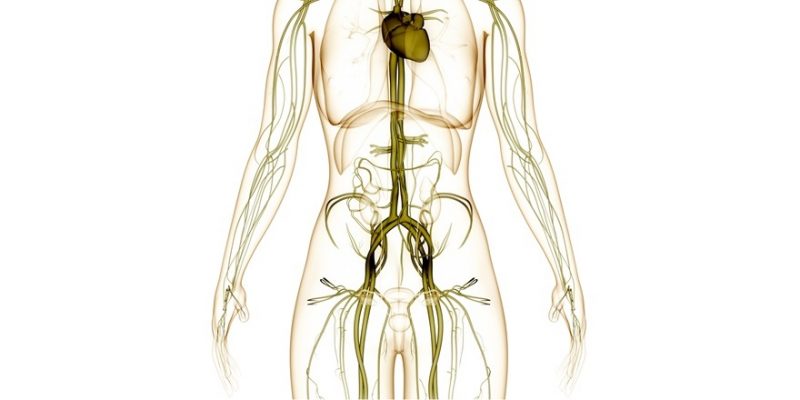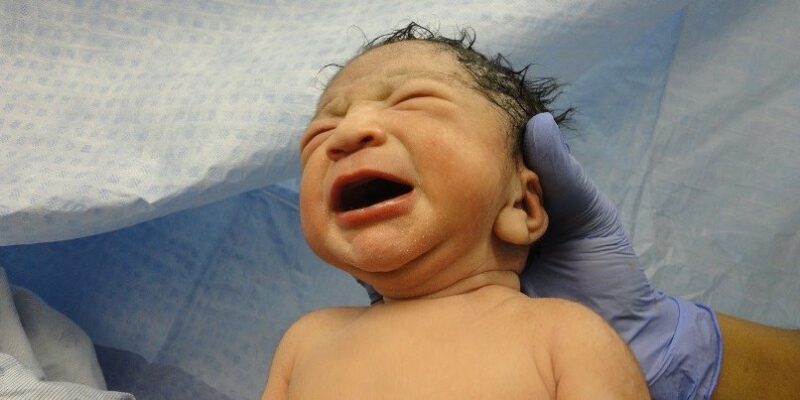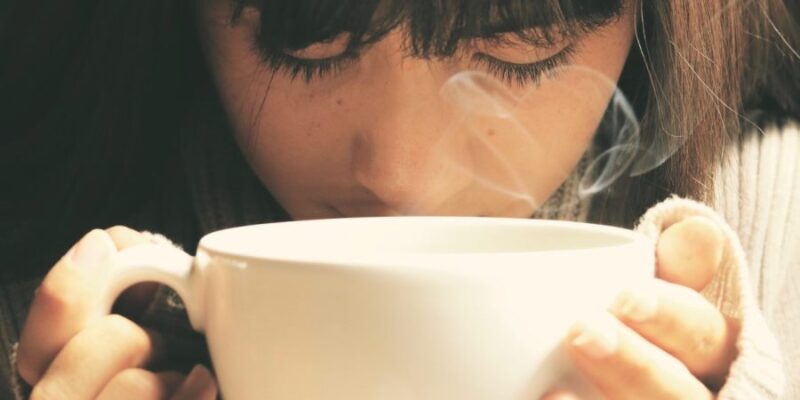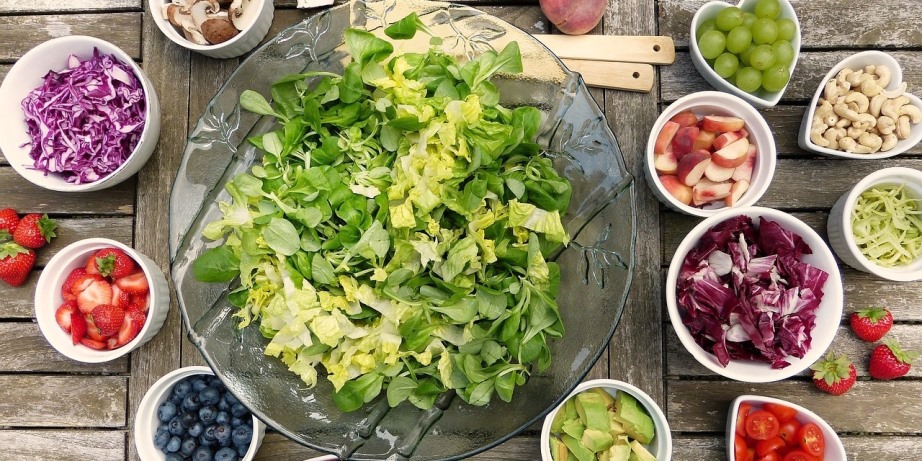
Traditionally in Thailand, it’s thought that specific food products should be limited or avoided or — by contrast — being consumed during the pregnancy period.
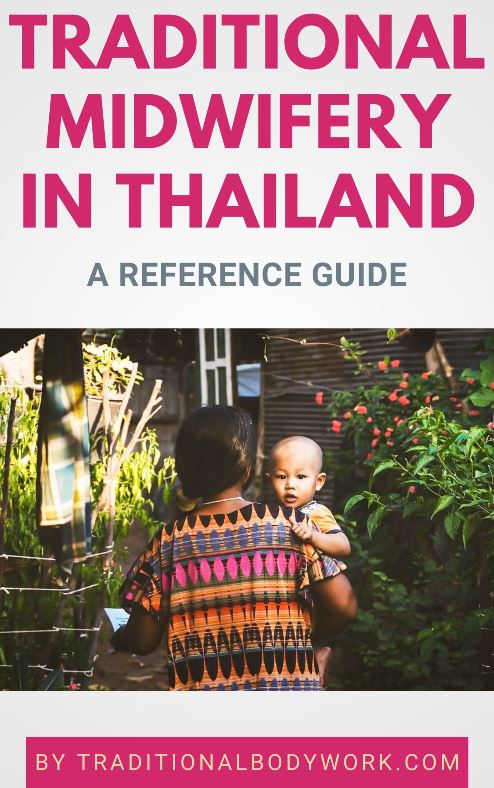
Certain nutrition is said to imbalance the four elements — earth, water, wind, and fire — which can cause health issues or difficulties during the pregnancy period, but also during childbirth and later in life. In addition, “wrong” food can cause problems for the baby.
In general, foods and drinks that maintain a “hot” condition are preferred, such as coconut milk, young coconut meat, ginger tea, salty foods, tamarind, fish, garlic, and onion. However, so-called Khong Salaeng, that is — allergic food products — must be avoided because those can cause problems during the process of childbirth or for the unborn child.
Some examples of recommended and prohibited food products are:
- Drinking lots of coconut juice will improve the skin of the baby;
- Eggs are prohibited as it’s believed to be causing an abortion;
- Fatty food should be avoided because it can lead to an abnormally large baby which causes problems during labor;
- Thai eggplants should not be eaten because it may cause anal pain after delivery;
- Consuming Pak Plang, a slimy green vegetable, will give an easy childbirth, because it makes the baby’s body slippery;
- Spicy food, pickled food, and candies should be avoided as a babies mouth could be infected during breastfeeding, and moreover, a baby would have less hair;
- Coffee and black tea should be avoided because it can cause the baby to be less intelligent;
- Eating dates is promoted (especially in the Muslim South regions of Thailand) because it offers lots of calories and valuable vitamins;
- Eating bananas is prohibited because pregnant mothers could give twin births and experience a difficult labor. Yet, if the pregnant woman does eat a banana it should only be half a banana;
- Bitter melon, bitter cucumber, and watermelon can cause problems with the placenta after childbirth;
- Shellfish is forbidden because it can cause infections in the afterbirth period and obstructs the perineum from drying well;
- Certain medicinal herbs can be prepared as a tea to make the baby strong helping an easy delivery. The pregnant woman drinks these teas three times a day for three consecutive days.
An additional belief is that when a future mother has a meal, she should not finish eating as the last person because it will cause the mother to have a difficult time with the child’s upbringing.
The overall idea is that a strict diet protects both mothers and infants against diseases, now and in the future, and helps to go through an easy labor.



